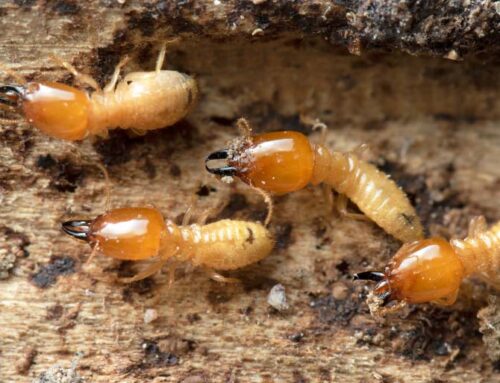Summer in Waterloo, IA is perfect for picnics, outdoor fun, and soaking up the sun. Unfortunately, it’s also when pests like mosquitoes, flies, ants, ticks, and bees are most active. These insects can quickly ruin your picnic plans. So, how can you enjoy a peaceful picnic without these intruders?
In this guide, we’ll share practical and effective summer pest control tips to keep these common summer bugs at bay. With our strategies, you can savor your summer outings without any unwelcome guests and ensure your outdoor gatherings remain pleasant and bug-free.
Common Summer Pests
Before we dive into effective picnic pest control tips, let’s first identify the most common summer pests you might encounter.
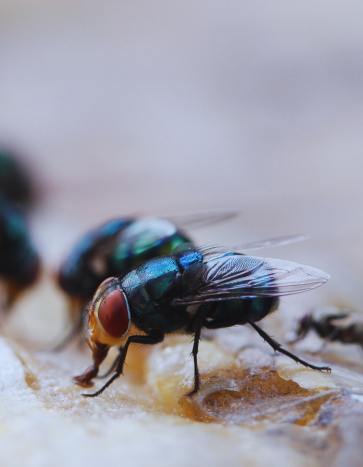
Flies
Flies are a common nuisance in the summer months, particularly house flies and fruit flies. House flies are drawn to various foods and trash, which can result in the spread of diseases such as E. coli and salmonella. On the other hand, fruit flies are primarily attracted to ripening and fermenting fruits. A notable fact about house flies is their need to liquefy solid food with their saliva before they can ingest it, as they are only able to consume liquids.
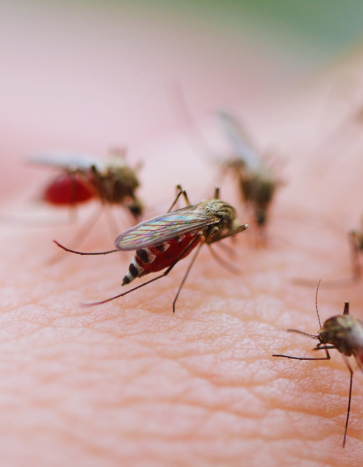
Mosquitoes
Mosquitoes are notorious summer pests, known for their itchy bites and ability to spread diseases like West Nile virus, Zika, and malaria. In Waterloo, IA, and the surrounding areas, they breed in stagnant water, making such areas prime hotspots. Only female mosquitoes bite, needing blood to lay their eggs. They are most active at dawn and dusk but can be bothersome all day. Interestingly, some mosquitoes prefer certain blood types over others.
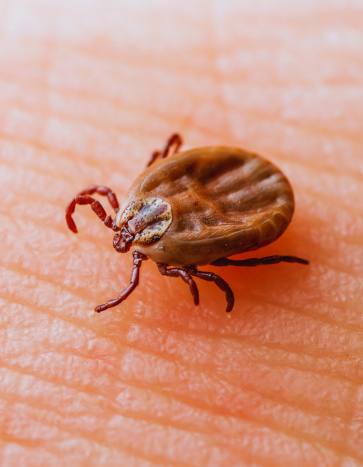
Ticks
Ticks are small, parasitic arachnids that flourish in the warm months, typically inhabiting wooded or grassy areas. These pests attach themselves to humans and animals, posing significant health risks by transmitting diseases like Lyme disease and Rocky Mountain spotted fever. Ticks often hide in tall grass, shrubs, and leaf litter, waiting for a host. Remarkably, some tick species can survive for years without feeding, making them highly resilient.
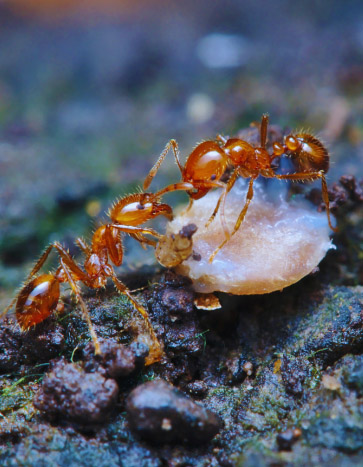
Ants
Ants frequently appear during summer, often disrupting outdoor gatherings. Fire ants are well-known for their painful stings and aggressive tendencies. Carpenter ants can damage wooden structures by nesting within them, while pavement ants, although less harmful, can still infiltrate food supplies. Fire ants construct complex underground colonies that can rapidly spread if not effectively controlled.
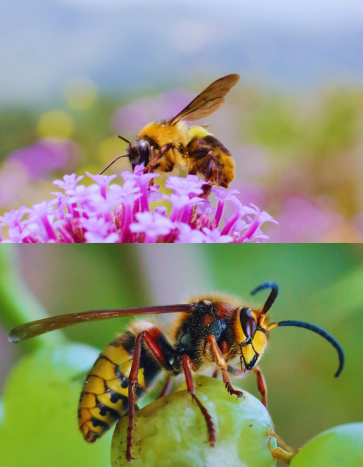
Stinging Insects
During summer, bees, wasps, and hornets can often become a problem at outdoor events. Their stings can be particularly dangerous for individuals with allergies. Unlike bees, which sting only once, wasps and hornets can sting multiple times and are often drawn to sugary foods and beverages. Although paper wasps can help control other insect populations, they can become aggressive if their nests are threatened.
Having identified the common pests you might encounter this summer, let’s explore how to prevent them from disrupting your outdoor fun. The next sections will offer practical strategies to keep these pests at bay, ensuring your summer picnics and activities remain enjoyable and bug-free.
How to Prevent Pests at Your Picnic
To enjoy a pest-free picnic, consider these crucial picnic pest control tips on choosing the right location, timing, managing food and waste, and using natural repellents.
Choosing the Ideal Spot
Timing Your Picnic
Managing Food and Waste
Using Natural Repellents
By following these tips on location selection, timing, food management, and natural repellents, you can ensure a more enjoyable, pest-free picnic experience. The next section will explore specific pest control methods to further protect your summer outings from unwanted insects.
Effective Pest Control Methods
Continuing our guide to a pest-free picnic, let’s focus on yard maintenance as your primary defense against seasonal pests. Proper yard care not only enhances its appearance but also significantly reduces pest issues.
Stinging Insect Control Tips
Ant Control Tips
Tick Control Tips
Mosquito Control Tips
Fly Control Tips
By following these pest control tips, your picnics can become more enjoyable and free from bugs. In the next section, we will cover long-term pest management techniques to ensure your outdoor spaces stay comfortable and pest-free throughout the year.
Long-Term Pest Management
To keep your outdoor areas enjoyable and free from pests, consider these long-term pest control strategies.
Regular Lawn Maintenance
Home Pest Prevention Tips
Professional Pest Control Services
Implementing these long-term pest management strategies will help you maintain a pest-free environment and enjoy your outdoor spaces throughout the year. These methods address the root causes of pest problems and prevent future infestations, ensuring your picnics and outdoor activities remain pleasant and bug-free.
Wrapping Up Your Summer Pest Control Guide
As we conclude our guide on summer pest control, here are some final tips for enjoying a bug-free picnic and keeping your outdoor spaces free of pests.
Enjoy a Bug-Free Picnic
Achieving a pest-free picnic is possible by following the strategies we’ve discussed.
For long-term comfort, regularly maintain your lawn and adopt home pest prevention measures. Seal cracks and gaps around your home and use essential oils in your cleaning routine to naturally repel insects. If you encounter persistent pest problems, consider hiring professional pest control services. Experts can provide targeted treatments and ongoing monitoring to keep your home and yard pest-free.
Proactive Pest Management
To make sure your outdoor activities remain enjoyable, take proactive steps to manage pests. By following these tips, you can create a safe and pleasant environment for everyone.
For expert assistance, Bobcat Pest Control offers customized pest management solutions for Waterloo, IA, and the surrounding areas. Contact us today to schedule an inspection and start enjoying a pest-free summer.
Remember, a little effort in pest prevention can make a big difference in making your picnics and outdoor gatherings stress-free and enjoyable. Don’t let pests ruin your summer fun—take action now and enjoy a bug-free season!

About the Author
Blake Marshall, Owner/Operator of Bobcat Wildlife and Pest Control, Waterloo. A skilled tradesman turned pest expert, Blake launched the franchise in 2020. With a motto of excellence, he ensures superior pest solutions in Waterloo and beyond. His dedication and diverse experience make Bobcat a trusted choice for wildlife and pest management.

